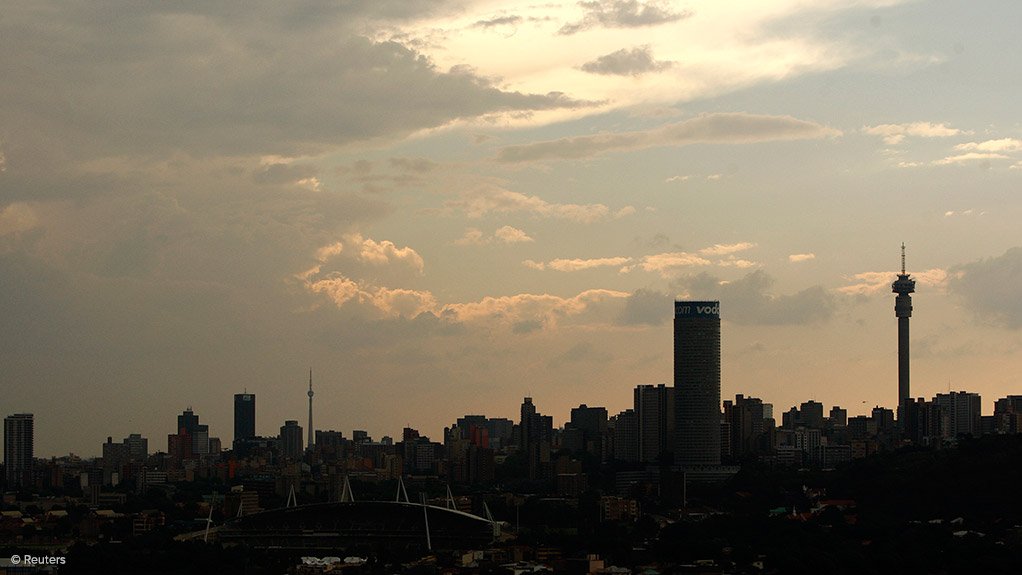A report by professional services firm PwC investigating Africa’s most “dynamic” and “future-focused” cities has identified North African cities Cairo, in Egypt, Tunis, in Tunisia, Algiers, in Algeria, and Casablanca, in Morocco, as well as South Africa’s Johannesburg as those offering the greatest opportunities across a range of indicators.
The ‘Into Africa – the continent’s cities of opportunity’ report, released on Tuesday at the African CEO Forum 2015, in Geneva, entailed analysis of into critical issues experienced by the business community as well as those of office holders and public authorities, with particular focus on the economy, infrastructure, human capital and society.
PwC outlined in a statement that the preponderance of North African cities as the most opportunity-laden was largely owing to their age, which had allowed for the development of infrastructure, a regulatory and legal framework and the establishment of a “sociocultural ecosystem”.
Johannesburg remained the only exception to this pattern, as it was established more recently, in 1886, and developed “rapidly”.
“We believe that these cities demonstrate the relative strengths and weaknesses of Africa’s urban future. Our evaluation and reevaluation of that future is, of course, a continual work in progress,” outlined PwC Local Government for Southern Africa leader Kalane Rampai.
A separate criterion of a city’s potential, he added, was its vision for the future.
“Accra, the capital of Ghana, is a good example of a city that has a good reputation throughout Africa and beyond for the quality of its communications infrastructure, low crime rates and steady democracy. Economically, it ranks second for both its attractiveness as a destination for foreign direct investment and the diversity of its gross domestic product (GDP),” Rampai said.
Outside the top five cities, Kigali, in Rwanda, fared well in terms of the ease of doing business and health spending, while Abidjan, in Côte d'Ivoire, was foremost in both middle-class growth and diversity and Dar es Salaam, in Tanzania, remained top in terms of GDP growth.
“With 5% growth, dynamic demographics and a growing middle class, Africa is extremely appealing to investors. After undergoing a period of pessimism about the future of Africa with some exaggerated optimism, leaders today share a more realistic view of the economic climate of the continent. This is what PwC calls ‘Afro-realism’,” he commented.
EMAIL THIS ARTICLE SAVE THIS ARTICLE
To subscribe email subscriptions@creamermedia.co.za or click here
To advertise email advertising@creamermedia.co.za or click here











